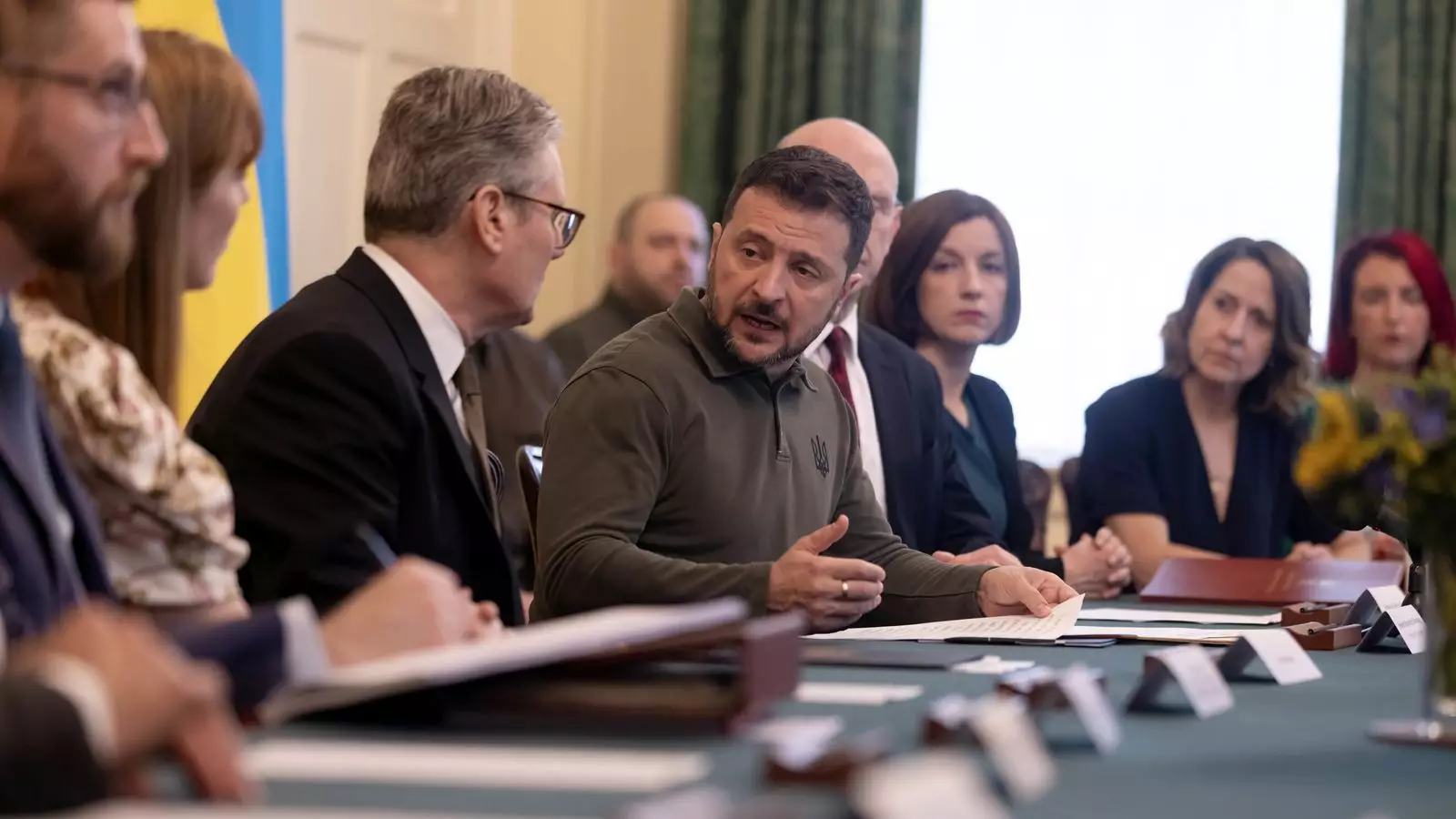Recent discussions have highlighted an imperative shift in the UK’s defence strategy, as political leaders across the spectrum recognize the need for increased funding to bolster the armed forces. This comes amidst growing global tensions and a shifting geopolitical landscape, particularly with the ongoing conflict in Ukraine and the implications of US strategy in Europe. The cabinet is largely unified in acknowledging these pressures, a sentiment echoed by Business Secretary Jonathan Reynolds, who emphasized that the entire government, including Chancellor Rachel Reeves, recognizes the necessity of bolstering defence resources.
The dynamics within the cabinet reflect broader concerns about national and global security, particularly in light of recent international developments. This interplay of opinions underscores the urgency that leaders feel to position the UK as a robust player on the global stage.
However, internal tensions are becoming evident, especially between funding priorities and the desire for enhanced military capability. Reports have surfaced indicating that Chancellor Reeves is hesitant to commit additional funds for defence in the current fiscal year. This reluctance clashes with the increasing demands from military leaders who advocate for elevating defence spending to 2.65% of the nation’s GDP—a significant increase from the current figure of around 2.3%. While Mr. Reynolds noted previous budget increases, critics argue that deeper, more sustained investment is essential for meaningful military preparedness.
This budgetary impasse raises important questions about the government’s commitment to its defence strategy. As geopolitical threats become more pronounced, the readiness of the military and investment in new capabilities must move to the forefront of national discourse. The internal discussion over financial allocations not only impacts military readiness but also shapes public trust in government effectiveness regarding national security.
The backdrop of US President Donald Trump’s ongoing negotiations regarding a potential peace deal between Ukraine and Russia adds another layer of complexity to the UK’s defence planning. As these discussions unfold without Ukraine’s direct involvement, concerns arise regarding the stability of NATO’s eastern front—placing further pressure on European countries, including the UK, to reassess their defence strategies and funding allocations.
This realignment calls for a reassessment of Europe’s reliance on American military leadership. As noted by defence analyst Rachel Ellehuus, there is a pressing need for NATO members to not only meet the 2% spending target but also rethink their investment strategies, particularly in conventional military capabilities. The urgency in her call reflects a broader consensus that European nations must step up their defence commitments to ensure collective security.
In the face of these challenges, Labour leader Sir Keir Starmer seems committed to taking strategic leadership in shaping the narrative around defence spending. With an emergency meeting of European leaders convened by French President Emmanuel Macron on the horizon, Starmer’s planned attendance signals his intention to engage deeply with key decision-makers in this critical arena. His willingness to assert control over defence discussions indicates that forthcoming fiscal strategies could very well pivot towards addressing military needs more robustly.
This potential for reorientation can be seen as a necessary measure to align UK policies with the realities of current global dynamics, not just as a reactionary approach, but as a proactive stance aimed at strengthening national security.
As the UK government grapples with the intricacies of defence spending and geopolitical strategy, coherence in messaging and action is vital. The Prime Minister’s assertion that Europe must enhance its role within NATO aligns with calls for unity in the alliance—a coalition that is vital for addressing shared threats and fostering stability across the continent. With ongoing dialogues and negotiations shaping the international landscape, the UK must ensure that its commitments to defence are not just rhetorical, but backed by strategic funding and policy implementation.
The complexities of modern warfare and diplomatic relations necessitate a recalibration of the UK’s defence strategy, underpinned by increased financial commitments. As discussions unfold within government, external pressures will likely influence the decision-making process—placing even greater importance on cohesive, proactive leadership that prioritizes national security. The path ahead is fraught with challenges, but it also offers a moment for reinvention and empowerment in the UK’s role on the global stage.

Leave a Reply